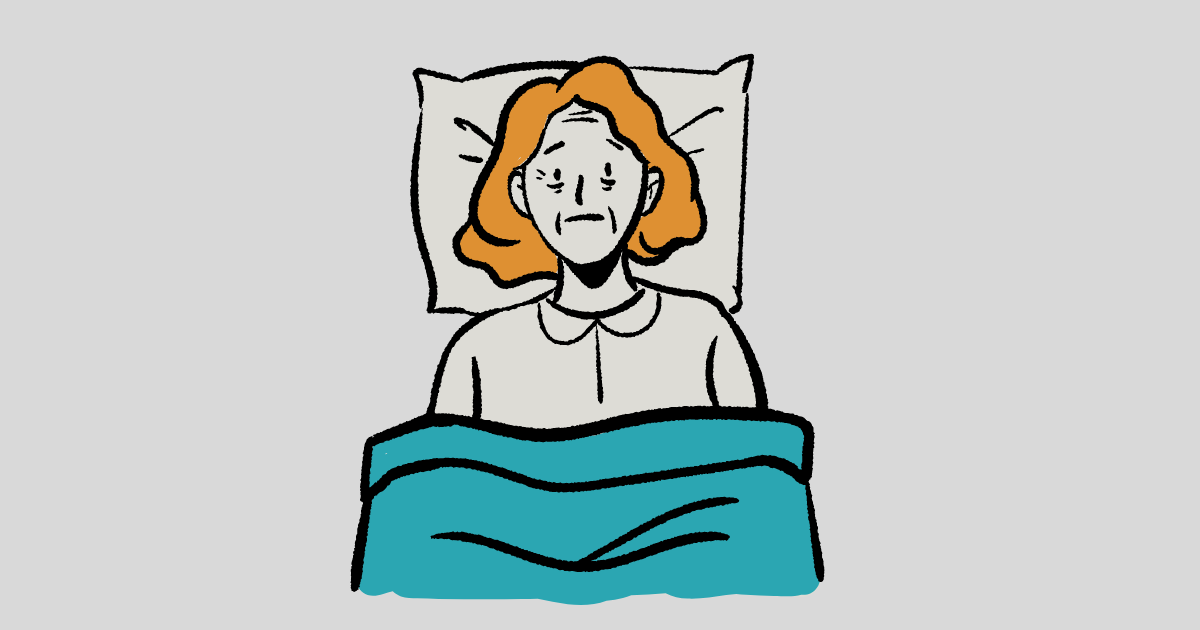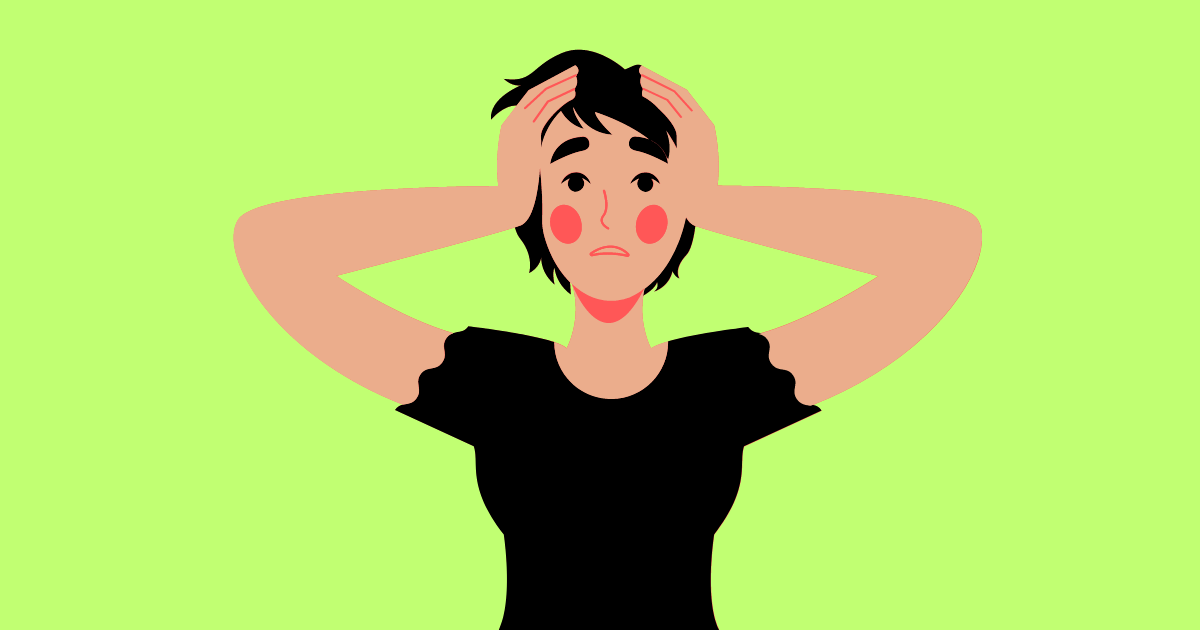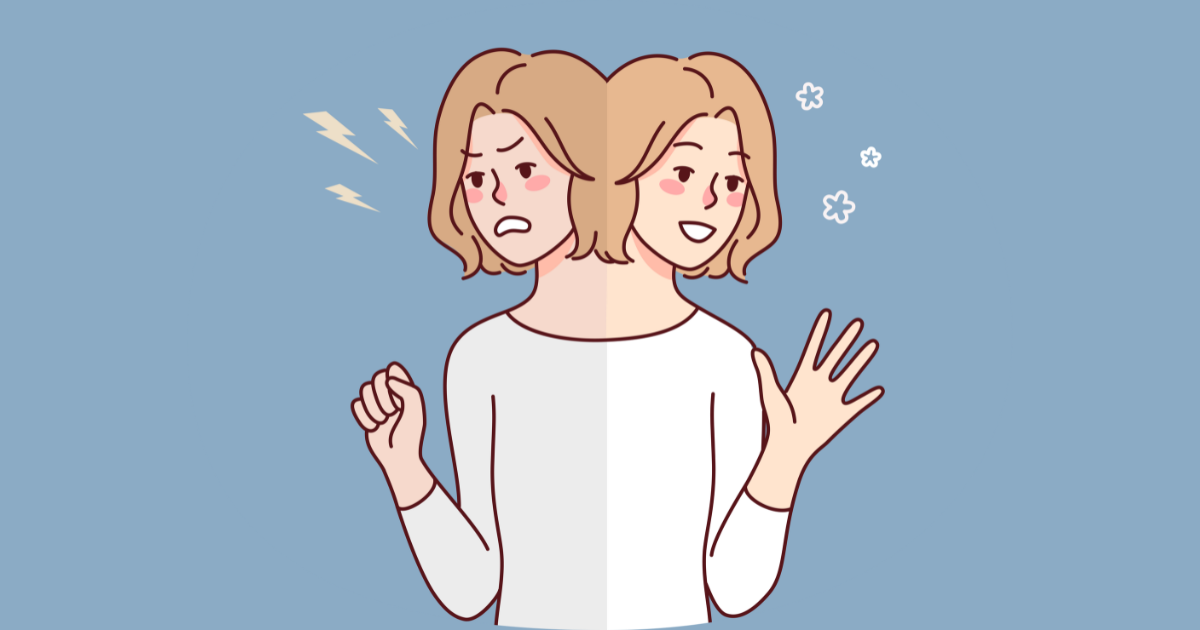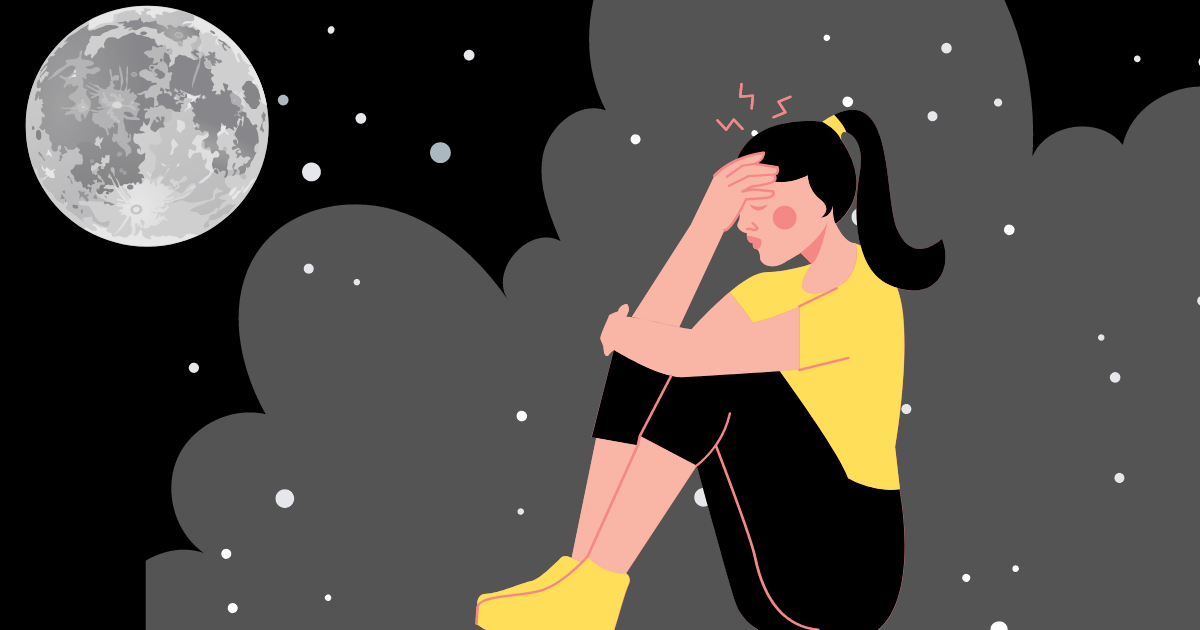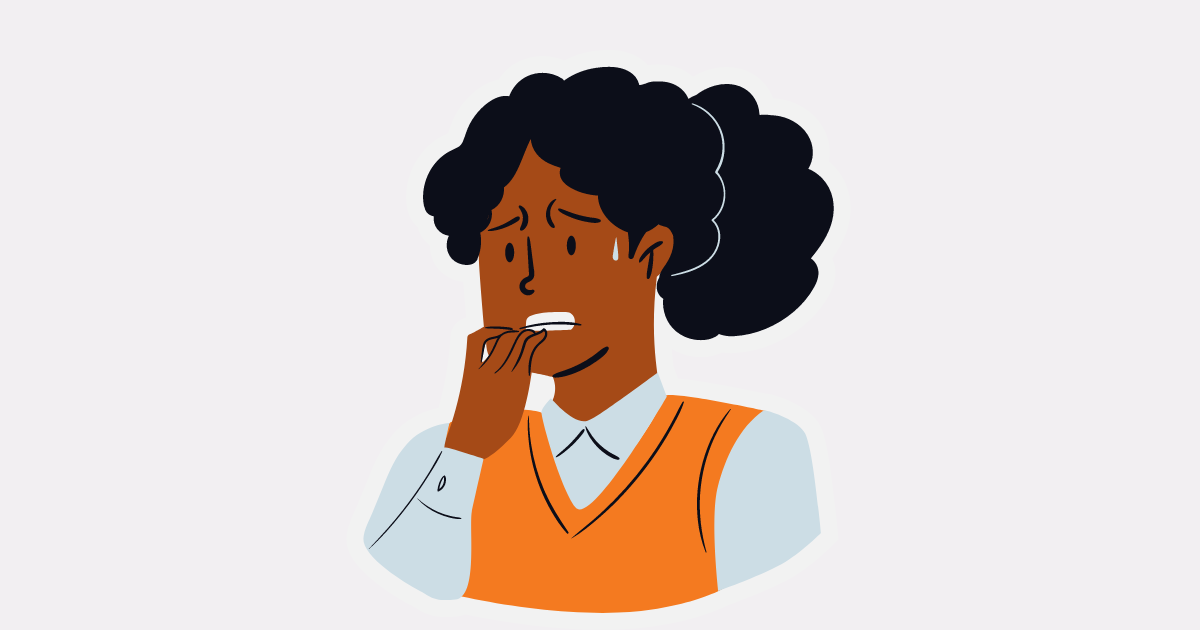Hypersomnia, a condition marked by excessive daytime sleepiness, can be a challenging and disruptive experience. It goes beyond the usual fatigue, often leaving individuals feeling persistently drowsy and lethargic despite getting enough sleep at night. This can severely impact one’s daily life, affecting productivity, mood, and overall well-being. While there are various treatments available, many people are interested in exploring natural methods to manage their symptoms.
In this blog post, “7 Best Natural Ways to Help with Hypersomnia,” we will delve into practical and effective strategies to combat this condition. From lifestyle adjustments to dietary changes, these natural approaches can provide relief and enhance your quality of life. Whether you’re personally affected by hypersomnia or looking to support someone who is, these tips offer valuable insights into managing excessive sleepiness naturally.
Table of Contents
What Is Hypersomnia
Hypersomnia is a sleep disorder characterized by excessive daytime sleepiness or prolonged nighttime sleep. People with hypersomnia feel an overwhelming need to sleep during the day, even after a full night’s sleep. This condition can significantly impact daily life, as it can interfere with work, school, and social activities.
There are two main types of hypersomnia:
- Primary Hypersomnia: This type is not caused by other medical conditions. The most common form is idiopathic hypersomnia, where the cause is unknown.
- Secondary Hypersomnia: This occurs due to other underlying medical conditions, such as sleep apnea, depression, head trauma, certain medications, or substance abuse.
Symptoms of hypersomnia can include difficulty waking up, feeling groggy or confused upon waking (sleep inertia), and needing to take naps frequently throughout the day. Diagnosis often involves a detailed sleep history, sleep studies, and ruling out other potential causes of excessive sleepiness. Treatment can vary but may include lifestyle changes, medications, or addressing underlying conditions.
Symptoms Of Hypersomnia
Hypersomnia is a condition characterized by excessive daytime sleepiness or prolonged nighttime sleep, which can interfere with daily activities and quality of life. Here are some common symptoms of hypersomnia:
- Excessive Daytime Sleepiness: A persistent feeling of drowsiness during the day, even after getting a full night’s sleep.
- Difficulty Waking Up: Struggling to wake up in the morning or after naps, often feeling groggy and disoriented.
- Long Sleep Duration: Sleeping more than the typical 7-9 hours per night, sometimes up to 10-12 hours or more.
- Napping: Frequently taking naps during the day, which may not alleviate the feeling of sleepiness.
- Fatigue: Experiencing a lack of energy and motivation, making it difficult to perform daily tasks.
- Cognitive Impairment: Difficulty concentrating, memory problems, and slow thinking or decision-making.
- Irritability: Feeling easily annoyed or frustrated due to constant fatigue and disrupted sleep patterns.
- Anxiety or Depression: Mood changes may accompany hypersomnia, with some individuals experiencing symptoms of anxiety or depression.
- Sleep Inertia: Prolonged grogginess or confusion upon waking up, often referred to as sleep inertia.
- Unrefreshing Sleep: Despite long sleep durations, individuals may feel unrefreshed and not rejuvenated.
If someone is experiencing these symptoms, it’s important to consult a healthcare professional for proper diagnosis and treatment.
Causes Of Hypersomnia
Hypersomnia is a condition characterized by excessive daytime sleepiness or prolonged nighttime sleep, and it can have several causes. Here are some common factors that can lead to hypersomnia:
1. Sleep Disorders
- Sleep Apnea: A condition where breathing repeatedly stops and starts during sleep, leading to poor sleep quality and excessive daytime sleepiness.
- Narcolepsy: A neurological disorder that affects the brain’s ability to regulate sleep-wake cycles, causing sudden sleep attacks and excessive daytime sleepiness.
- Restless Legs Syndrome: A disorder characterized by an uncontrollable urge to move the legs, often leading to difficulty falling asleep and poor sleep quality.
2. Medical Conditions
- Chronic Fatigue Syndrome: A long-term illness characterized by extreme fatigue that doesn’t improve with rest and may be worsened by physical or mental activity.
- Depression and Anxiety: Mental health disorders that can disrupt sleep patterns, leading to hypersomnia.
- Hypothyroidism: An underactive thyroid gland can slow down the body’s metabolism and lead to increased sleepiness.
- Diabetes: Blood sugar imbalances can affect energy levels and contribute to excessive sleepiness.
3. Medications and Substances
- Sedative Medications: Drugs that have a sedating effect, such as certain antidepressants, antipsychotics, or anti-anxiety medications, can cause excessive sleepiness.
- Alcohol and Drugs: Substance use can interfere with sleep quality and lead to hypersomnia.
4. Lifestyle Factors
- Lack of Physical Activity: A sedentary lifestyle can lead to decreased energy levels and increased sleepiness.
- Poor Sleep Hygiene: Irregular sleep schedules, exposure to screens before bed, and other habits that disrupt sleep can contribute to hypersomnia.
5. Genetic Factors
- Some cases of hypersomnia may have a genetic component, where individuals have a family history of excessive sleepiness.
6. Neurological Conditions
- Certain neurological disorders, such as Parkinson’s disease, multiple sclerosis, or traumatic brain injury, can affect the brain’s regulation of sleep and lead to hypersomnia.
7. Psychological Stress
- High levels of stress can interfere with sleep quality and duration, leading to excessive daytime sleepiness.
8. Idiopathic Hypersomnia
- In some cases, hypersomnia may occur without a known cause, known as idiopathic hypersomnia. It is characterized by excessive daytime sleepiness without other symptoms of sleep disorders.
If you or someone you know is experiencing symptoms of hypersomnia, it’s important to consult a healthcare professional for a proper diagnosis and appropriate treatment.
The Impact of Hypersomnia on Daily Life
Hypersomnia, a condition characterized by excessive daytime sleepiness and prolonged nighttime sleep, can significantly affect daily life. People with hypersomnia may struggle with staying awake during the day, even after a full night’s rest. This condition can lead to decreased productivity, impaired concentration, and difficulty in performing daily tasks. Persistent fatigue can also affect social relationships, as individuals may be too tired to engage in social activities or may experience irritability due to a lack of energy.
Health and Psychological Effects
Beyond the immediate impact on daily functioning, hypersomnia can have broader health implications. Chronic sleepiness can lead to accidents, such as falling asleep while driving or during other critical activities. Additionally, hypersomnia is often associated with other health issues, such as depression, anxiety, or other sleep disorders. The lack of quality sleep can also weaken the immune system, making individuals more susceptible to illnesses.
Managing and Coping with Hypersomnia
Managing hypersomnia often involves a combination of lifestyle changes, therapy, and sometimes medication. Establishing a regular sleep schedule, creating a restful sleep environment, and avoiding stimulants before bedtime can help improve sleep quality. Cognitive-behavioral therapy (CBT) may also be beneficial in addressing underlying psychological issues that contribute to the condition. In some cases, medication may be prescribed to help manage symptoms and improve wakefulness during the day.
Overall, hypersomnia is a challenging condition that requires a comprehensive approach to management, including medical intervention and lifestyle modifications. With proper treatment and support, individuals with hypersomnia can improve their quality of life and reduce the impact of the condition on their daily activities.
7 Best Natural Ways to Help with Hypersomnia
Hypersomnia, characterized by excessive daytime sleepiness, can disrupt daily life and affect overall well-being. Fortunately, there are natural ways to manage and alleviate this condition. Here are seven effective strategies to help combat hypersomnia:
1. Establish a Consistent Sleep Schedule
Maintaining a regular sleep routine is crucial for managing hypersomnia. Going to bed and waking up at the same time every day, even on weekends, helps regulate your body’s internal clock. This consistency can improve sleep quality and reduce excessive daytime sleepiness.

2. Create a Sleep-Conducive Environment
Your sleep environment plays a significant role in the quality of your rest. Ensure your bedroom is dark, quiet, and cool. Consider using blackout curtains, earplugs, or white noise machines to block out disturbances. A comfortable mattress and pillows can also make a big difference.

3. Limit Caffeine and Alcohol Intake
Caffeine and alcohol can interfere with your sleep cycle. While caffeine is a stimulant that can keep you awake, alcohol might make you drowsy initially but can disrupt sleep later in the night. Limiting these substances, especially in the hours leading up to bedtime, can help manage hypersomnia symptoms.

4. Incorporate Regular Physical Activity
Regular exercise can help regulate your sleep patterns and improve overall sleep quality. Aim for at least 30 minutes of moderate exercise most days of the week. However, try to avoid vigorous activity close to bedtime, as it might energize you and make it harder to fall asleep.

5. Practice Relaxation Techniques
Stress and anxiety can exacerbate hypersomnia. Incorporating relaxation techniques such as meditation, deep breathing exercises, or yoga into your daily routine can help calm your mind and promote better sleep. These practices can also reduce the likelihood of sleep disruptions caused by stress.

6. Maintain a Balanced Diet
A healthy diet can influence your energy levels and sleep quality. Avoid heavy, rich meals before bedtime, as they can cause discomfort and disrupt sleep. Instead, opt for light, nutrient-rich foods that can promote restfulness. Additionally, staying hydrated throughout the day can prevent nighttime awakenings due to thirst.

7. Limit Napping
While naps can be beneficial for some, they can also interfere with nighttime sleep, especially for those with hypersomnia. If you need to nap, try to keep it short (20-30 minutes) and avoid napping late in the day. This approach can help maintain a healthy sleep-wake cycle.
Implementing these natural strategies can significantly improve symptoms of hypersomnia. Remember that individual responses may vary, so it might take some time to find the combination of techniques that works best for you. If hypersomnia persists despite these efforts, consulting with a healthcare professional is recommended to rule out any underlying conditions.

Conclusion
Managing hypersomnia naturally involves a combination of lifestyle adjustments and mindfulness. By establishing a consistent sleep schedule, creating a conducive sleep environment, and being mindful of your diet and exercise, you can significantly reduce symptoms and improve your quality of life. It’s important to remember that while these natural methods can be highly effective, they may require some patience and consistency to see results. If hypersomnia continues to disrupt your life, consulting with a healthcare professional can provide further guidance and ensure that there are no underlying health issues. Embracing these natural strategies can be a crucial step towards better sleep and a more energized life.
FAQ on Hypersomnia
1. What is Hypersomnia?
Hypersomnia is a condition characterized by excessive daytime sleepiness, despite adequate or even prolonged nighttime sleep. People with hypersomnia may struggle to stay awake during the day, often feeling the need to nap repeatedly.
2. What are the Symptoms of Hypersomnia?
Common symptoms include prolonged nighttime sleep, difficulty waking up, excessive daytime drowsiness, and feeling unrefreshed after sleep. Some people may also experience anxiety, irritability, or difficulty concentrating.
3. What Causes Hypersomnia?
Hypersomnia can be caused by various factors, including sleep disorders like sleep apnea, narcolepsy, or restless legs syndrome. It can also result from medical conditions such as depression, multiple sclerosis, or head injuries. Certain medications and substance abuse can also lead to hypersomnia.
4. How is Hypersomnia Diagnosed?
Diagnosis typically involves a thorough medical history review, sleep diary, and possibly a sleep study called polysomnography. Doctors may also use the Multiple Sleep Latency Test (MSLT) to assess daytime sleepiness and the ability to fall asleep.
5. What are the Treatment Options for Hypersomnia?
Treatment depends on the underlying cause. It may include lifestyle changes, such as improving sleep hygiene, medication, or treating any underlying medical conditions. Stimulants or wakefulness-promoting medications are sometimes prescribed.
6. Is Hypersomnia the Same as Narcolepsy?
While both conditions involve excessive daytime sleepiness, narcolepsy is characterized by sudden sleep attacks and often includes other symptoms like cataplexy (sudden loss of muscle tone), sleep paralysis, and hallucinations. Hypersomnia generally involves a constant state of drowsiness rather than sudden sleep episodes.
7. Can Lifestyle Changes Help Manage Hypersomnia?
Yes, certain lifestyle changes can help. These include maintaining a regular sleep schedule, creating a restful sleep environment, avoiding caffeine and alcohol before bed, and engaging in regular physical activity.
8. Are There Any Natural Remedies for Hypersomnia?
Some people find relief through natural remedies like dietary changes, regular exercise, stress management techniques, and maintaining a consistent sleep routine. However, it’s essential to consult a healthcare provider before starting any new treatment.
9. Can Hypersomnia be Prevented?
Preventing hypersomnia can be challenging, especially if it’s due to an underlying medical condition. However, practicing good sleep hygiene, managing stress, and addressing any medical issues promptly can help reduce the risk.
10. When Should I See a Doctor for Hypersomnia?
If you experience excessive daytime sleepiness that interferes with your daily life or suspect you may have a sleep disorder, it’s essential to consult a healthcare provider. Proper diagnosis and treatment can help manage symptoms effectively.
Discover more from Positive Treasure
Subscribe to get the latest posts sent to your email.
